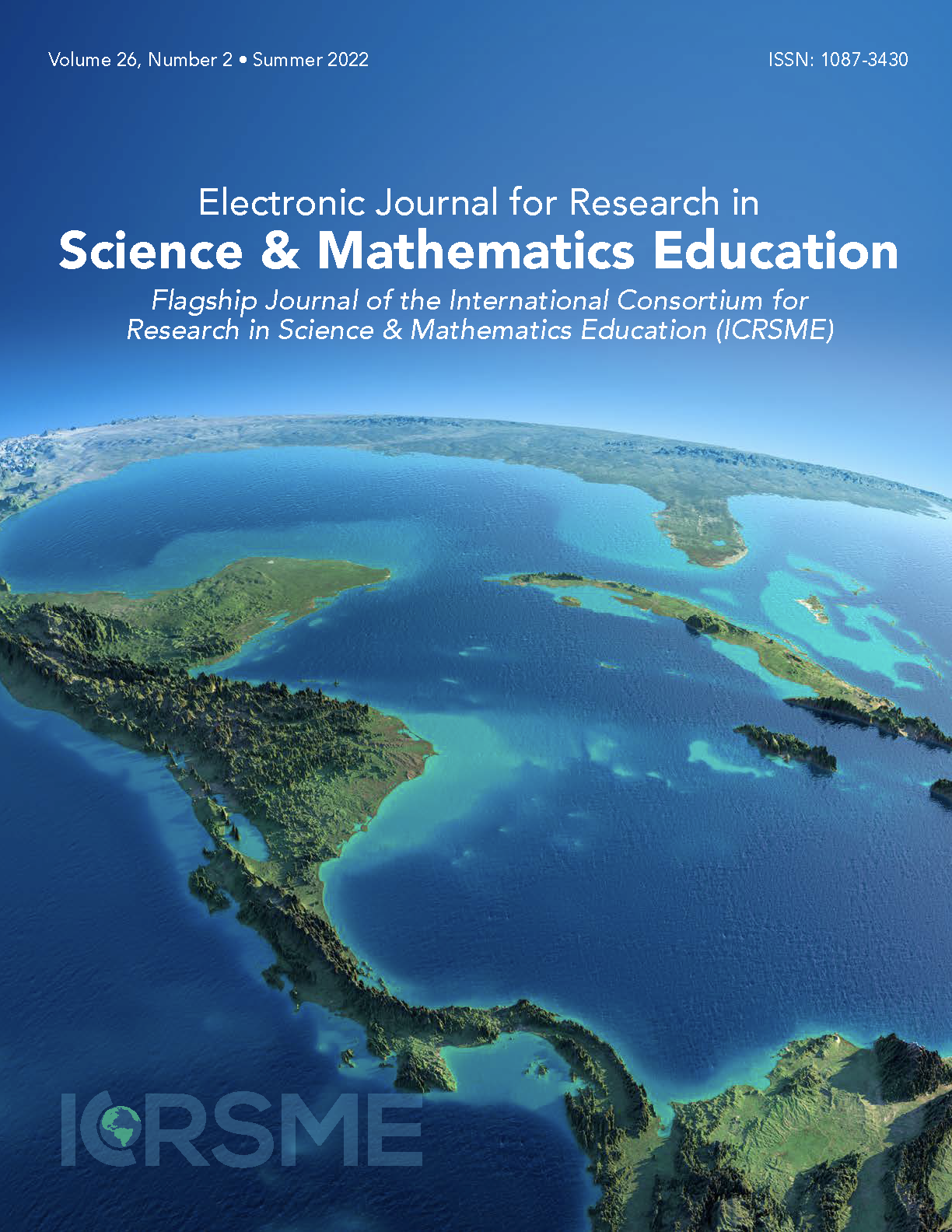Supporting Pre-schoolers’ Acquisition of Geometric Knowledge Through Mind Mapping
Main Article Content
Abstract
Mind mapping refers to the use of a specific graphic organizer to support learning. This paper describes the effect of mind mapping on pre-schoolers’ geometric learning. Using a pre- and posttest control group quasi-experimental model, researchers found that the use of mind maps resulted in a statistically significant difference in geometry learning for pre-schoolers (mean age = 65.0 months). These results are discussed in terms of their ramifications for pre-school geometry education, as well as for the use of mind maps with pre-school children.
Article Details
Section
Research / Empirical
© 2025 Electronic Journal for Research in Science & Mathematics Education (EJRSME)
